Contents
Guide

Jeffrey A. Waldrop
The Emergence of Religious Toleration in 18 th Century New England
Arbeiten zur Kirchengeschichte

Founded by
Karl Holl  and Hans Lietzmann
and Hans Lietzmann 
Edited by
Christian Albrecht and Christoph Markschies
Volume 138
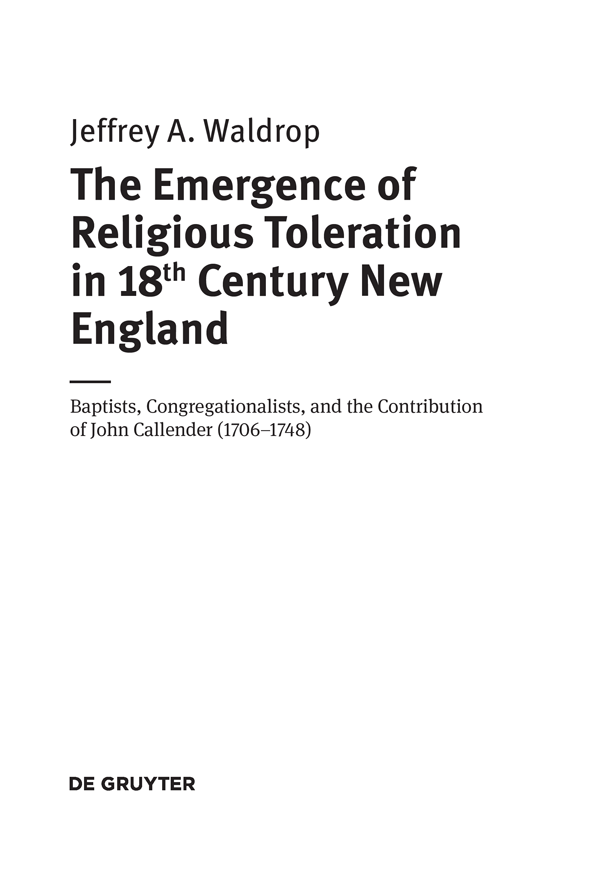
ISBN 978-3-11-058627-5
e-ISBN (PDF) 978-3-11-058819-4
e-ISBN (EPUB) 978-3-11-058655-8
ISSN 1861-5996
Library of Congress Cataloging in Publication Control Number: 2018006874
Bibliographic information published by the Deutsche Nationalbibliothek
The Deutsche Nationalbibliothek lists this publication in the Deutsche Nationalbibliografie; detailed bibliographic data are available on the Internet at http://dnb.dnb.de.
2018 Walter de Gruyter GmbH, Berlin/Boston
www.degruyter.com
Chapter 1
Introduction
This book examines the life and work of the Reverend John Callender (17061748), placing him within the larger context of the emergence of religious toleration in Puritan New England in the later part of the seventeenth century and the early part of the eighteenth century. A cursory survey of the array of literature about colonial American church history reveals the well-worn theme of persecution, but the subject of the reluctant consent to toleration by the Puritans in New England is a relatively understudied subject. John Callender was a product of both Puritan and Baptist influences, and his life and work serve as one example of the contribution to the newfound toleration between Baptists and Congregationalists in the early eighteenth-century.
The goals of this study are fourfold: to identify the nature and rise of toleration in New England at the close of the seventeenth, and into the eighteenth-centuries; to highlight the rise of toleration between the Baptists and Congregationalists in Boston, and detail the first official ecclesiastical act of toleration; to study aspects of Callenders contribution to the new-found toleration by surveying key parts of his life and ministry; and to study Callenders works, analyzing theological aspects of his tolerant thought, and detailing his contribution to the discipline of history in general, and to Isaac Backuss work on New England Baptist history more specifically.
Academic Significance of the Study
The specific conditions surrounding the emergence of religious toleration between the Congregationalists and Baptists in Boston in the late seventeenth and early eighteenth centuries has not been treated at length. An in-depth study of John Callenders contributions to the idea of denominational tolerance will strengthen the depth of this research, as he was a product of the official ecclesiastical display of toleration by the Congregationalists in 1718.
This book contributes to two major areas of church history. First, the study of the relationship between the Puritans, Baptists, and other groups in colonial New England in the light of the rise of toleration, rather than through the lens of persecution, provides a unique distinctive. Second, an examination of the life and work of John Callender adds to the field of Baptist history, since lengthy treatments of John Callenders life and thought have not been written.
My focus then narrows from the broader context of toleration in New England to the contentious, then cooperative relationship between the Baptists and Congregationalists in Boston between 1692 and the mid 1730s. This time period is somewhat confined, because it falls between two distinct periods in American Church Historythe founding, flowering, and decline of the New England Way from the early 1630s to the early 1690s, and the beginnings of the Great Awakening in the late 1720s. During the decline of the Puritan theocracy, toleration arrived more fully due to pressure from British government, economic factors, immigration to New England by dissenting groups, and as a result of the Act of Toleration in 1689. Toleration came about grudgingly, because the Puritans were fearful of the godlessness that would evolve as their laws were overruled by
When some Congregationalists in Boston and other parts of New England began to scruple infant baptism, establishing Baptist churches as a result, and when the Quakers arrived bringing with them perceived ecclesiastical disorder, the Puritans reached the apex of their apprehension by hanging four Quakers, and by publicly whipping several leading Baptists. After these events, toleration emerged more swiftly, due in part to the external factors previously mentioned, and also due to the changing views of Cotton Mather. Since Boston Congregationalism served as the barometer for the rest of New England, the impact of Mathers eventual embracing of the Baptists opened an avenue for cooperation and harmony between the General Baptists, and what would become the Old Light Congregationalists, in the beginning years of the Great Awakening.
Harmony between Baptists and Congregationalists was achieved in fuller measure in 1718, when, in an unprecedented move, Cotton Mather led the ordination service for Elisha Callender, a Baptist. This event opened the door for cooperation between Congregationalists and Baptists in New Englandbut more specifically in Boston, its surrounding areas, and Rhode Island. From 1718 to about 1740, the Baptists and Congregationalists enjoyed a period of relative harmony and trust, until the religious landscape was changed by the events of the Awakening.
From about 1728 to 1748, John Callender served as the pastor of the First Baptist Churches in Swansea, Massachusetts, and Newport, Rhode Island. Callender had been influenced by the demonstration of toleration in the First Baptist Church of Boston in 1718, because as a member of the Callender family, he had attended services, and probably observed the historic event unfold. During his ministry, in addition to his duties as full time pastor, Callender also worked as a Baptist statesman and pastoral official for various other Baptist churches in Rhode Island and parts of Massachusetts.
While there, Callender formed friendships with notable Congregationalists including, members of the Mather family and some notable Harvard scholars. As a testament to his education, Callender wrote a Century Sermon on the centennial of the founding of Rhode Island. Even though Cotton Mather had initiated an official truce by ordaining Elisha Callender in 1718, some Baptists were still actively engaged in seeking recognition from the Congregationalists, as Baptists were still being taxed in other parts of New England. Some Baptists continued to harbor ill will towards the Congregationalists. Thus, in his work, Callender deliberately and specifically called for peace between denominations by utilizing some of the tolerationist ideas he gleaned from biblical exegesis, and from the works of Cotton Mather, Roger Williams, and others.

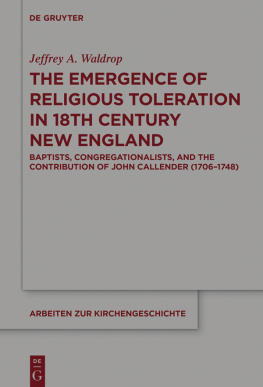
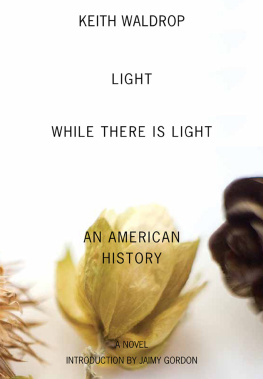

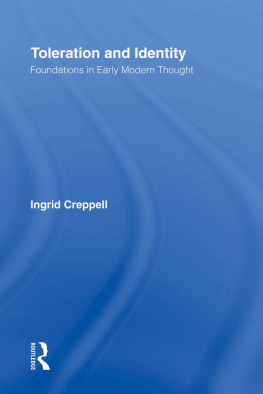
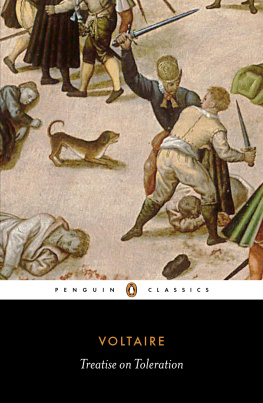
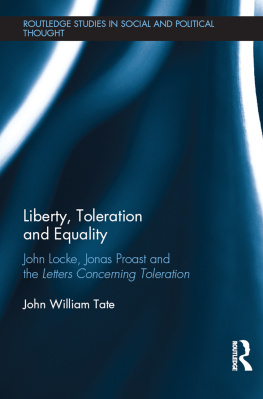
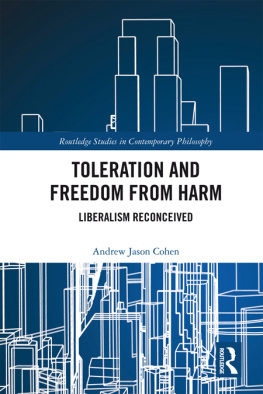
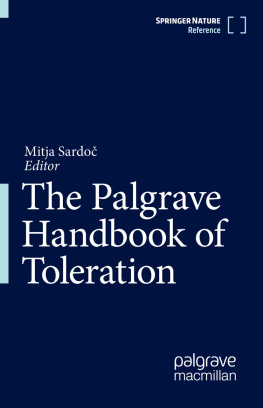
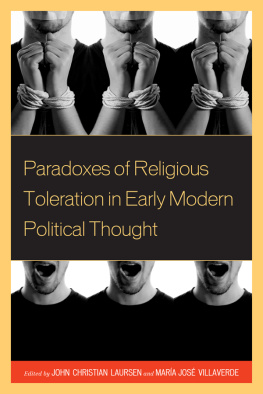
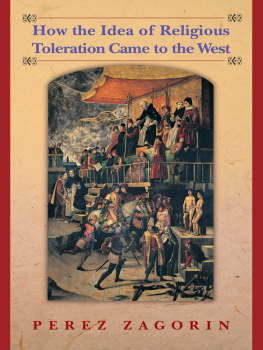
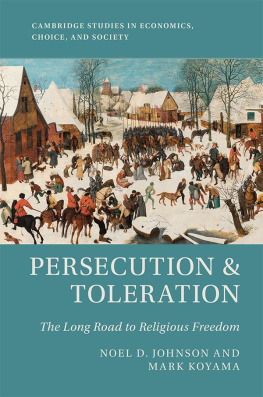


 and Hans Lietzmann
and Hans Lietzmann 